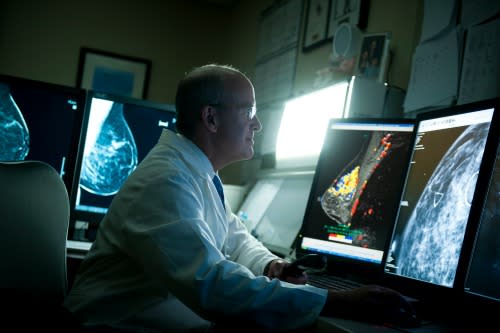The Facts About Ovarian Cancer
Published: October 06, 2016l
By the Division of Gynecologic Oncology at Stamford Health
What are the types of ovarian cancer and what causes it?
Our ovaries, located in the pelvis, are the reproductive organs responsible for producing eggs, as well as the female hormones progesterone and estrogen. These are the hormones that control feminine body characteristics and regulate menstruation and pregnancy. Ovarian cancer can take form in the 3 types of ovarian tumors (named after the tissue where they can be found):
- Epithelial tumors start from the cells that cover the outer surface of the ovary. Most ovarian tumors are epithelial cell tumors.
- Germ cell tumors start from the cells that produce the eggs (ova).
- Stromal tumors start from structural tissue cells that hold the ovary together and produce the female hormones estrogen and progesterone.
Ovarian cancer is considered sporadic. Unfortunately, this means we haven’t yet been able to track down the cause. And, according to the American Cancer Society, just 20-30 percent of women diagnosed with late stage ovarian cancer are alive 5 years later—hence the term “silent killer.” Despite these grim facts, your chances become greater at fighting this disease if it’s diagnosed early enough.
What risk factors are at play?
- Being 55 or older
- Obesity
- Hormone replacement therapy after menopause. Some studies have suggested that women who use hormone replacement therapy after menopause may have a slightly increased risk of ovarian cancer.
- Infertility (inability to become pregnant)
- Personal history of breast or colon cancer
- Family history. First-degree relatives (such as mother, daughter, sister) of a woman who has had ovarian cancer are at risk for developing the disease. The risk increases if 2 or more first-degree relatives have had ovarian cancer. A family history of breast or colon cancer is also associated with an increased risk of developing ovarian cancer.
- Certain fertility drugs
What symptoms should I watch out for?
Just like risk factors, symptoms don’t always tell the whole story. The most common symptoms may be:
- General discomfort in the lower abdomen, including:
- Feeling swollen or bloated
- A loss of appetite or a feeling of fullness
- Gas, indigestion, and nausea
- Diarrhea or constipation, or frequent urination caused by pressure from the growing tumor
- Feeling very tired all the time
- Bleeding from the vagina
- Buildup of fluid around the lungs, which may cause shortness of breath
If any of these symptoms occur frequently or are new, talk to your doctor for a proper diagnosis. It’s likely that symptoms will not occur until the ovarian cancer is in an advanced stage.
How is ovarian cancer treated?
Your treatment plan will depend on many factors such as age, progression of the disease, your medical history and personal preference. Your gynecologic oncologist is specially trained in the diagnosis, treatment and monitoring of female reproductive cancers. He or she may recommend surgery, chemotherapy, radiation therapy or a combination of treatments.
What are some questions I should ask my doctor?
- What type of ovarian cancer do I have? What stage?
- Has my cancer spread?
- What treatments do you recommend for me?
- What risks or side effects should I expect?
- What are the chances my cancer will come back after treatment?
- Will I be able to have a fulfilling sex life afterwards?
- Will I be able to have children after my treatment?
- How can I expect my body to change?
- What do I tell my loved ones?
Looking for compassionate care related to ovarian cancer? Meet Dr. Karen Nishida and Dr. Elena Ratner.
Featured Expert/ Author






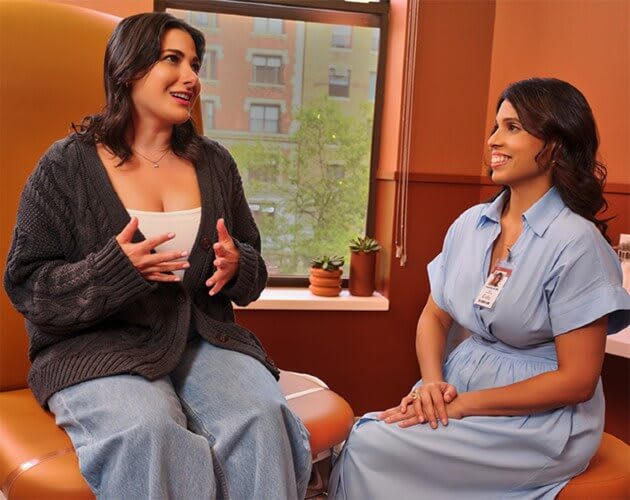













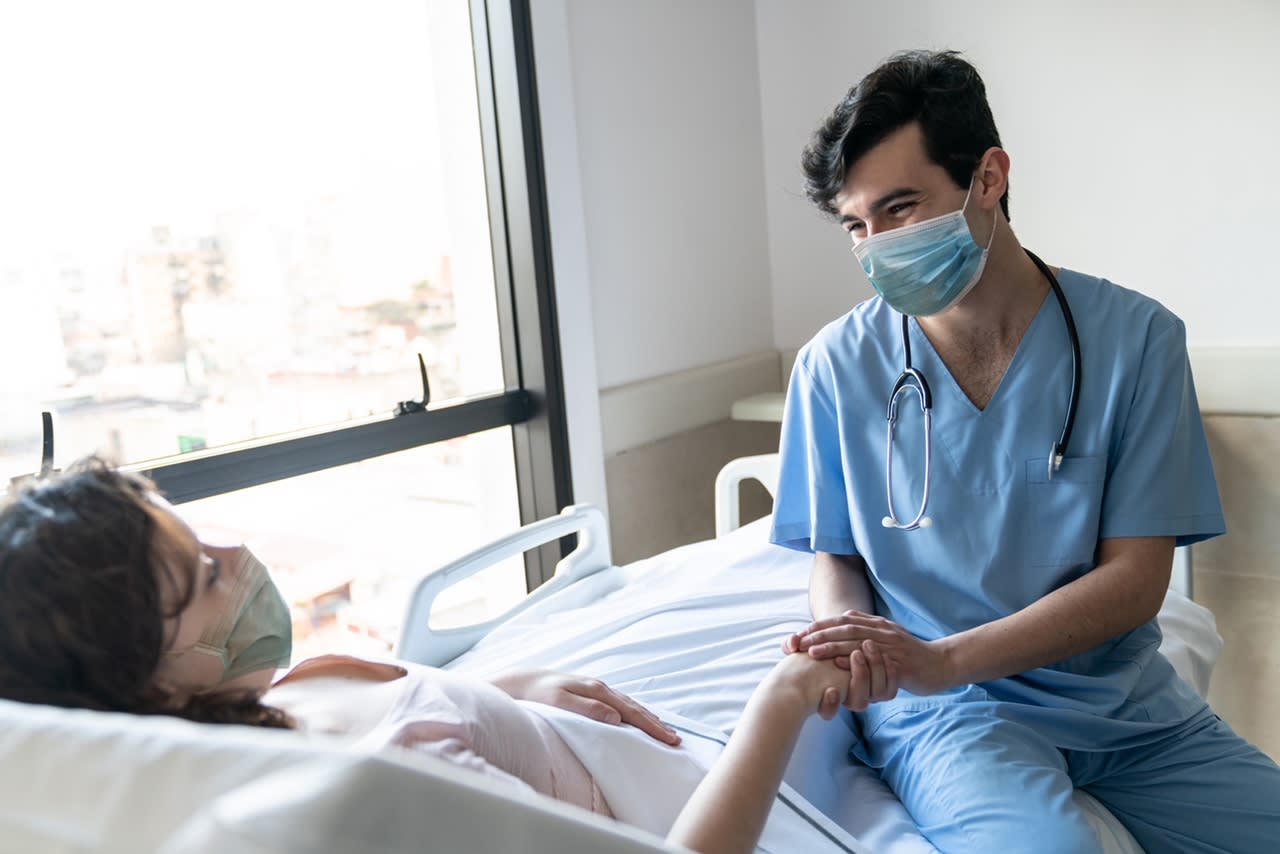

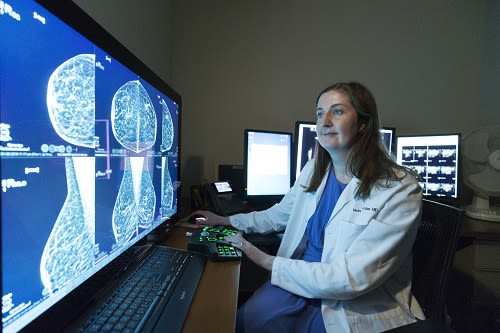
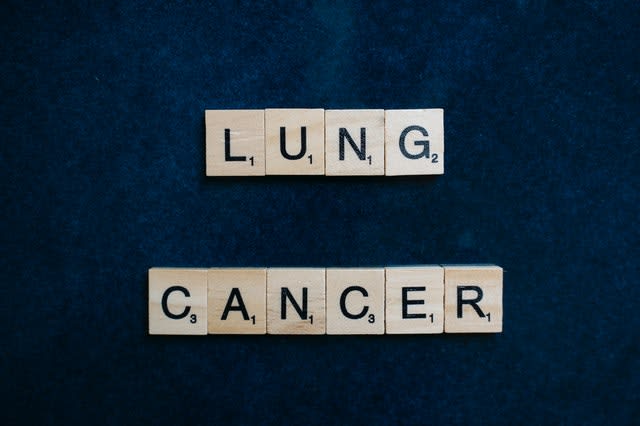

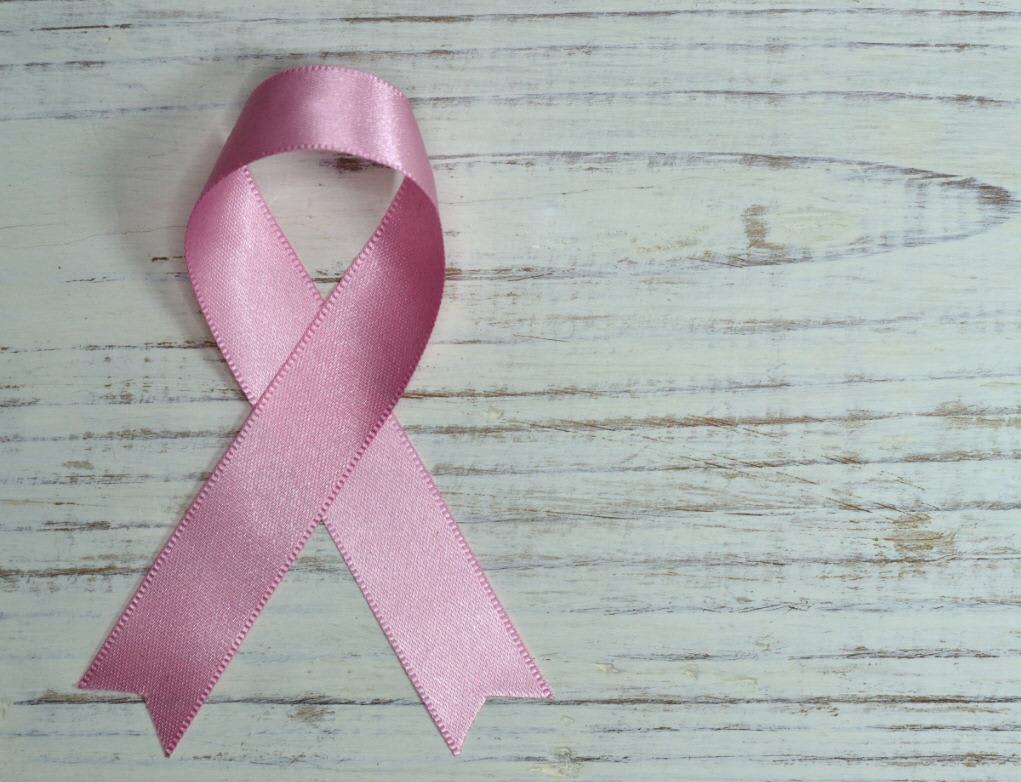
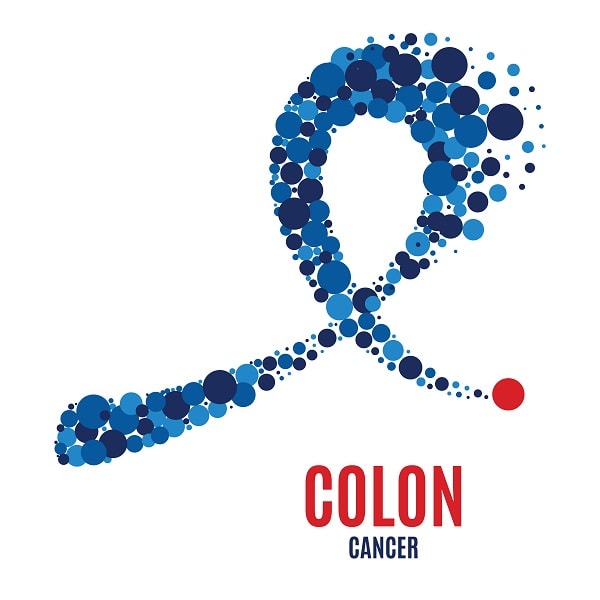

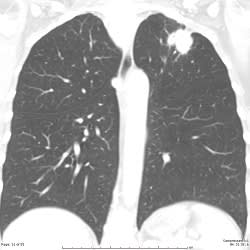













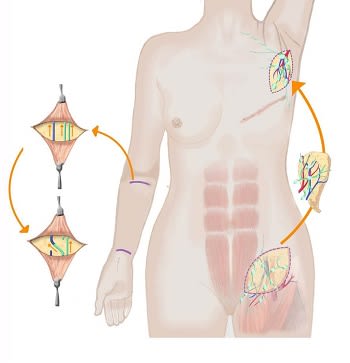





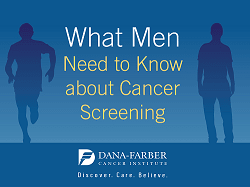
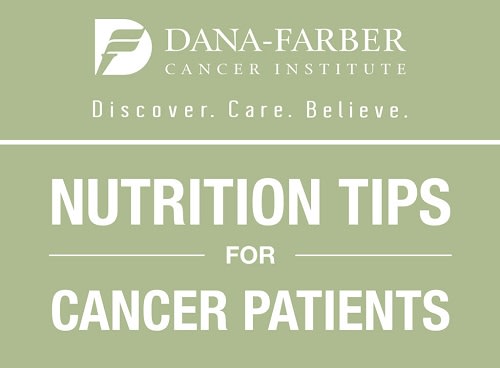



















)


)

)
)
